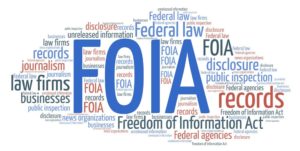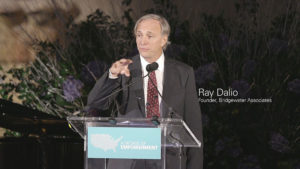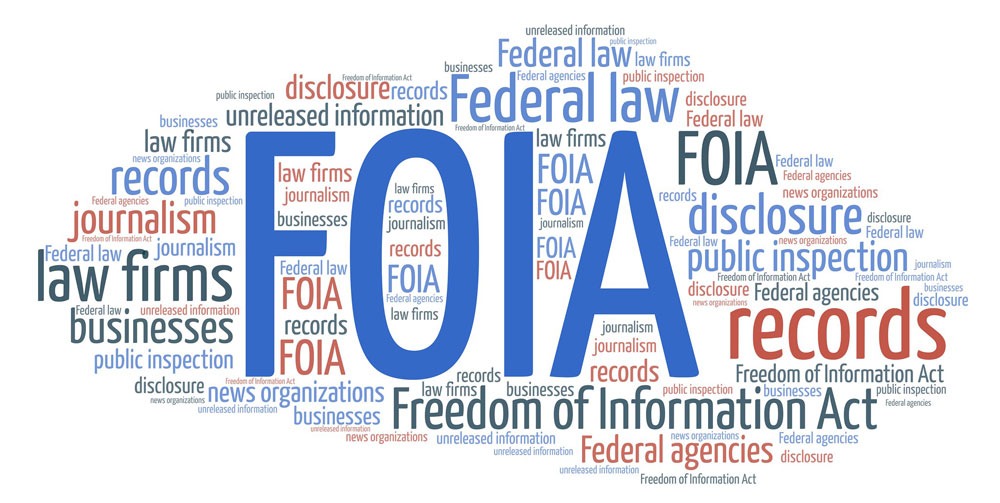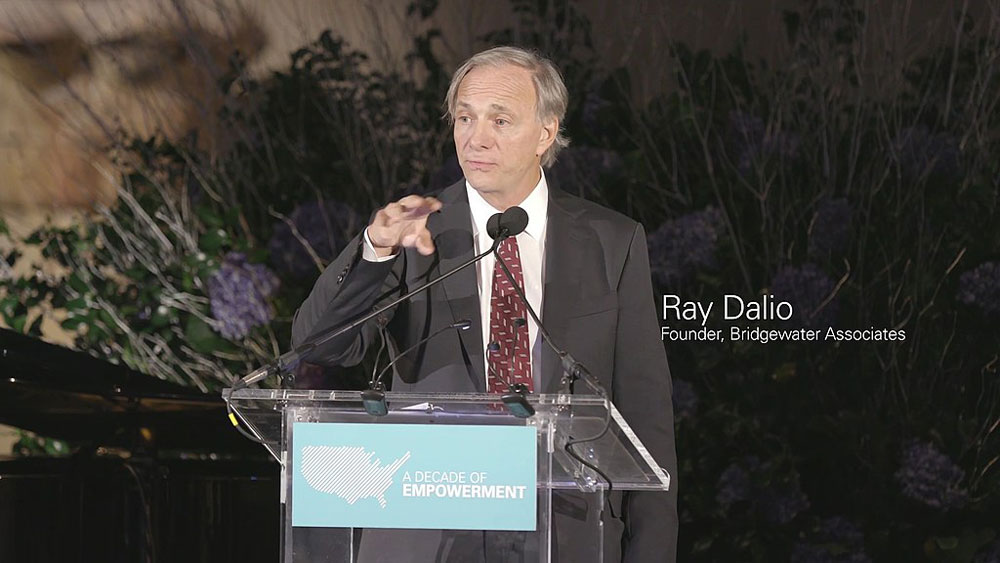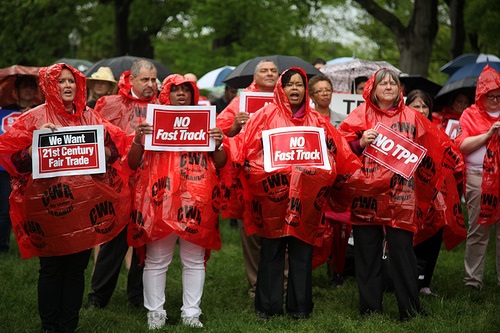
March 30, 2015; Washington Post
In light of our piece on the role of Wikileaks in the revelation of some crucial but secret draft text of the impending Trans-Pacific Partnership trade pact, we take note of this comprehensive article in the Washington Post by columnist Paul Farhi lambasting the Obama administration’s track record on transparency and disclosure.
Sign up for our free newsletters
Subscribe to NPQ's newsletters to have our top stories delivered directly to your inbox.
By signing up, you agree to our privacy policy and terms of use, and to receive messages from NPQ and our partners.
The most shocking part of the TPP was the disclosure that the treaty was meant to be kept secret not just before its consummation, but for four years afterward. The Nonprofit Quarterly has in the past criticized aspects of the Obama administration’s contradictory positions, advocating more disclosure on one hand and practicing less on the other (with reports here, here, here, here, here, and here, just to name a few!). But Farhi shows how the retrograde Obama policy on government transparency is being experienced by journalists of every stripe, largely along these lines: “An agency spokesman—frequently a political appointee—rejects the reporter’s request for interviews, offers partial or nonresponsive replies, or delays responding at all until after the journalist’s deadline has passed.”
The examples range from a reporter trying to get information from the Centers for Disease Control and Prevention about a tuberculosis outbreak in the Jacksonville area to another trying to get information from the Interior Department on records of bird deaths at wind energy farms, all frustrated by Obama administration roadblocks.
Perhaps you might suspect that this is only a problem affecting mainstream journalists, and that NPQ, being a small nonprofit news site, isn’t really all that affected. But that is hardly the case, for a number of reasons:
- First, all nonprofits need access to open government to do their work. Farhi cites a study by the Center for Effective Government that gave “D” grades for compliance to eight of the fifteen federal agencies that get the most FOIA requests. In many ways, nonprofits are essential intermediaries through which the public finds needed information, and federal government tactics to delay or deny transparency and disclosure frustrate nonprofits in their pursuit to carry out this important function.
- Second, as Farhi’s article intimates, the pattern of federal agencies restricting access to information reverberates through different levels of government. State, county, and municipal authorities sometimes behave like the federal government’s official opacity permits them to do the same (see our review of the city of Ferguson’s treatment of FOIA requests as an example).
- And third, it raises questions about what is necessary and what is too much regarding nonprofit secrecy (see our recent piece on the donations to the Clinton Foundation and our review of Jason Clayworth’s excellent review of the nonprofit arms of public agencies in Iowa). Even at NPQ, we run into closed doors when looking for information from some nonprofits, much less getting some people willing to speak on the record—particularly in philanthropy.
It isn’t that all of us expect to be sitting in one-on-one interviews with the Commander in Chief to get him to share how he really feels about Netanyahu, Putin, and Assad. Rather, we should all be fighting for basic and necessary government transparency, and in our requests for a culture of government openness, be sure that we are modeling that behavior ourselves.—Rick Cohen



